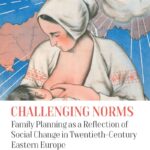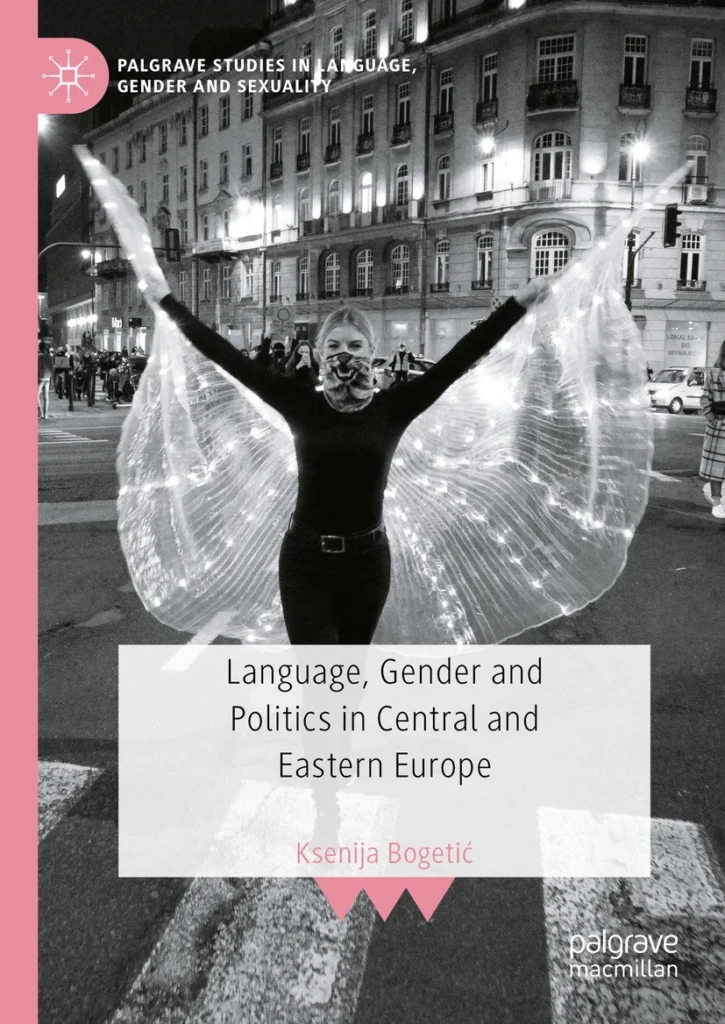
Essay collection: “Challenging Norms. Family Planning as a Reflection of Social Change in Twentieth-Century Eastern Europe”
September 8, 2025
Essay: “No Longer the Alexanders, the Napoleons, or the Attilas”: Gender, Illiberalism, and Quiet Resistance”
September 8, 2025Petö, Andrea, and Szilvia Szabo. 2025. "The Language of the ‘Family-Friendly State’: An Emerging Rhetoric of Gender Equality Subversion in Hungary." In Language, Gender and Politics in Central and Eastern Europe. Palgrave Studies in Language, Gender and Sexuality, ed. by. Ksenija Bogetic. 129-150. Cham: Palgrave Macmillan. https://link.springer.com/book/10.1007/978-3-031-84528-4

ABSTRACT
Hungary is currently making news headlines across the globe with its proposed ‘model of conservative revival,’ grounded in the concept of the ‘family-friendly policy’ which successfully integrates the EU gender equality requirements with right-wing and openly anti-genderist discourses. In the present chapter, we highlight the often-overlooked role of language and gender, and specifically the linguistic resignification of gender terms, in the emerging positionings of Hungary’s illiberal pragmatism. Combining critical discourse analysis and law and policy analysis, we explore the use of the key terms of European gender policy in various forms of the government’s legislative, administrative, and public communication. We argue that Hungary’s most recent illiberal discourse is grounded in a specific form of ‘discourse capture,’ effected via a hijacked, parallel rhetoric of familialism, which grafts on the women’s rights framework, but substitutes women for the family as the target of policy. More broadly, we argue that tracing the symbolic work of linguistic resignifications is an important task ahead of linguistic studies of political change, especially as the illiberal right increasingly hones its skills of discourse capture.

